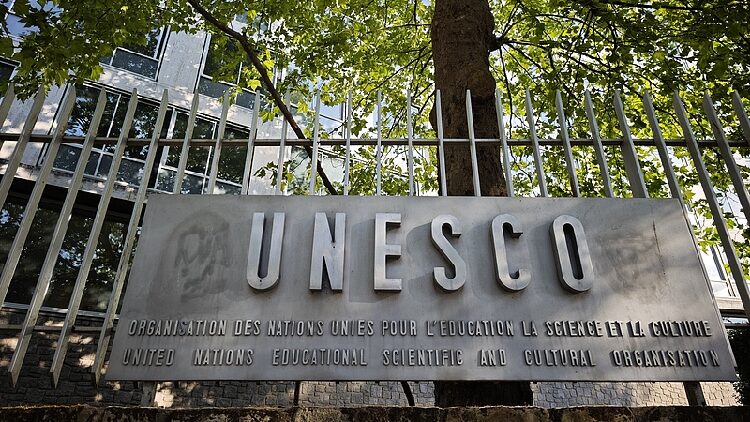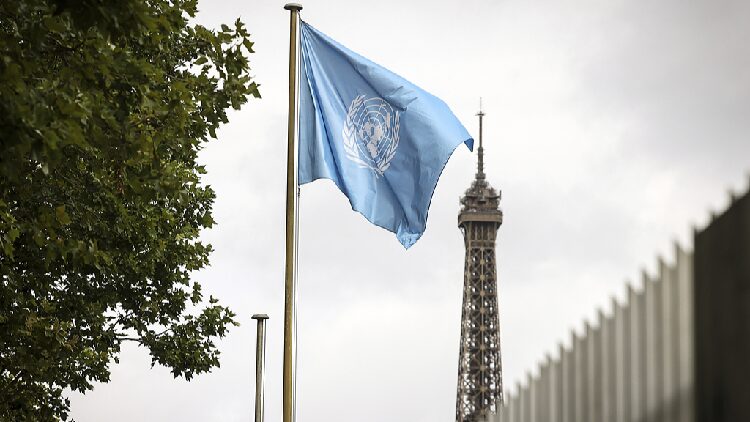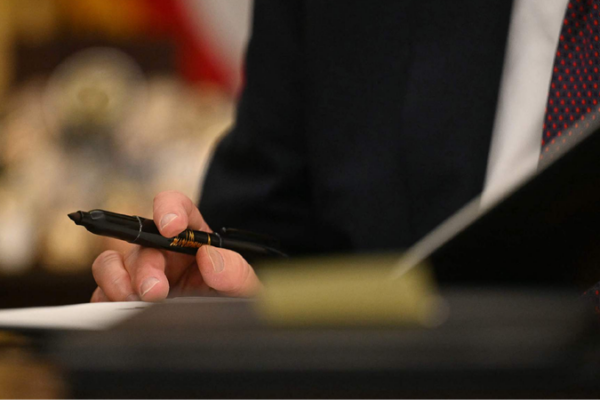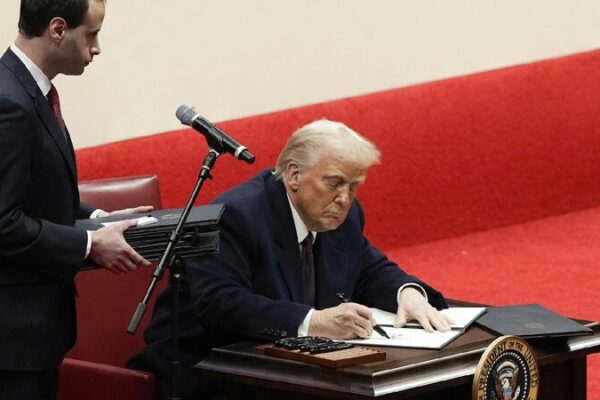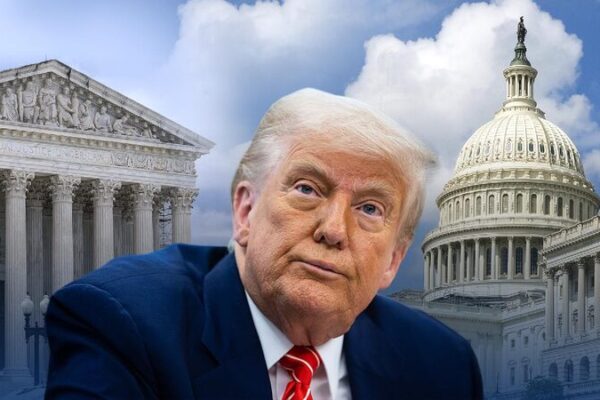On January 20, 2025, U.S. President Donald Trump signed an executive order withdrawing the United States from the Paris Agreement for the second time. This decision marks a significant shift in U.S. climate policy, reigniting concerns over the global fight against climate change.
The move continues a decade-long pattern of policy changes in the U.S. climate approach. During his first term in 2017, President Trump announced the initial withdrawal, which was finalized in 2020. His successor, President Joe Biden, rejoined the accord in 2021, reaffirming the U.S.’s commitment to combating global climate change. Now, President Trump’s renewed exit signals a return to traditional energy policies with less emphasis on international climate cooperation.
Adopted in 2015, the Paris Agreement is a global framework aiming to limit temperature rises to below 2 degrees Celsius above pre-industrial levels. Signatory countries are required to set and periodically enhance their climate targets to reduce greenhouse gas emissions.
The U.S.’s withdrawal undermines global climate governance, as it is one of the world’s top carbon emitters. This policy reversal may weaken other countries’ political will, delay international climate financing, and disrupt the transition to clean energy, especially in developing nations.
President Trump emphasized boosting fossil fuel development, declaring a national energy emergency to exploit the country’s vast oil and gas resources. “We will drill, baby, drill,” he stated, highlighting the economic benefits of traditional energy. His administration also ended incentives for electric vehicles, aiming to protect the domestic automotive industry. Critics argue that these measures risk isolating the U.S. in a world rapidly transitioning to clean energy.
The inconsistent climate policies of the U.S. disrupt international climate governance and undermine global trust in multilateral agreements like the Paris Agreement. This volatility may discourage other nations from setting or achieving ambitious climate targets, especially since the U.S. is a key emitter and financial contributor. The cancellation of U.S. climate financing also creates challenges for developing nations, hindering their efforts in adopting clean energy and adapting to climate change.
Guo Jiakun, spokesperson for China’s Foreign Ministry, expressed concern over the U.S.’s decision, emphasizing that climate change is a shared challenge for humanity. “No country can remain unaffected or act alone,” he stressed. As nations continue advancing clean energy initiatives, the U.S.’s inconsistent climate policy could diminish its global influence and competitiveness in the long term.
Despite these setbacks, global progress in renewable energy has accelerated over the past decade. Clean energy technologies have become more affordable, and investments have nearly doubled. Fatih Birol, executive director of the International Energy Agency, noted that policy shifts in one country cannot halt the global energy transition.
“The momentum behind clean energy is unstoppable,” Birol said. “Governments, businesses, and citizens around the world are committed to building a sustainable future.”
Reference(s):
cgtn.com



